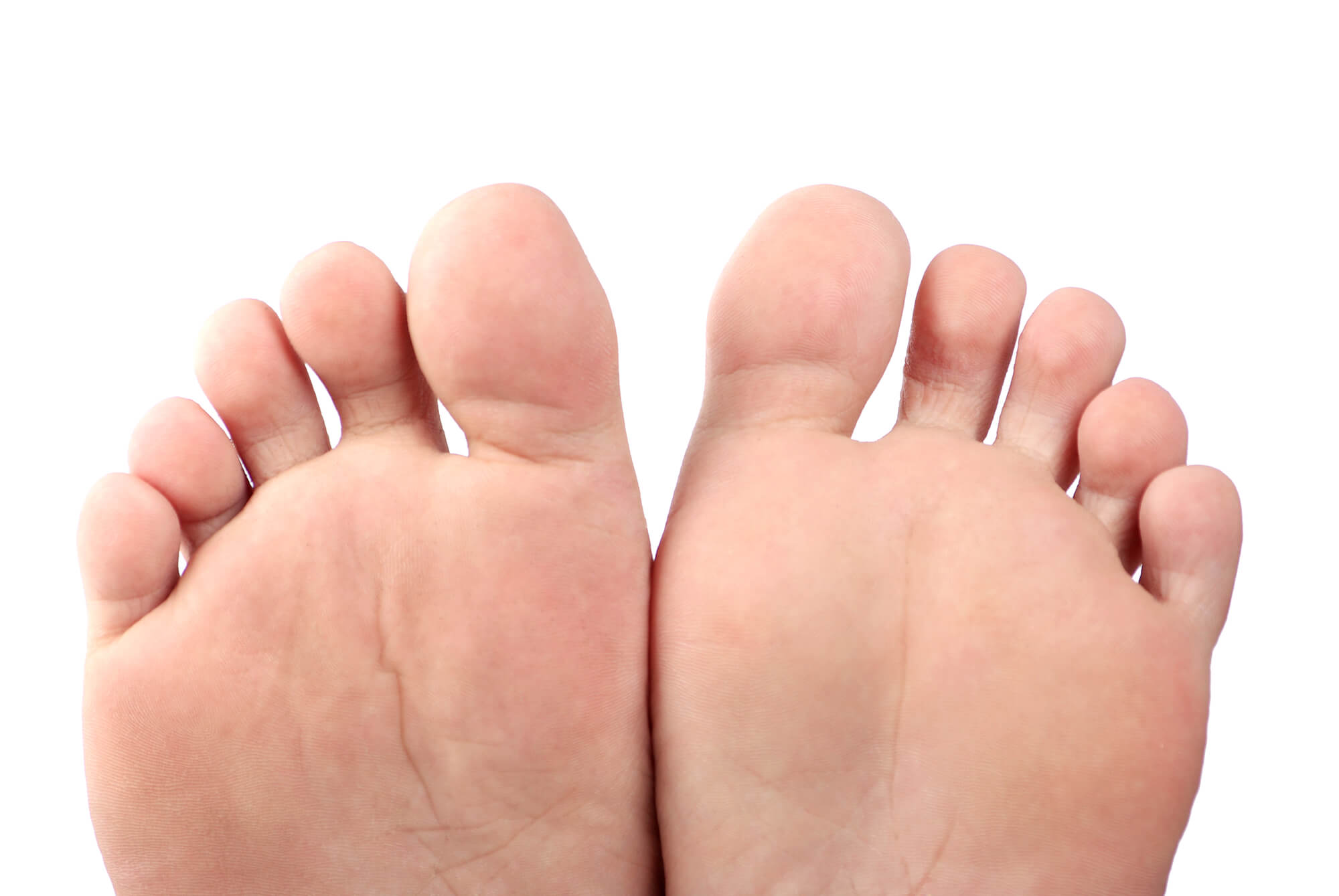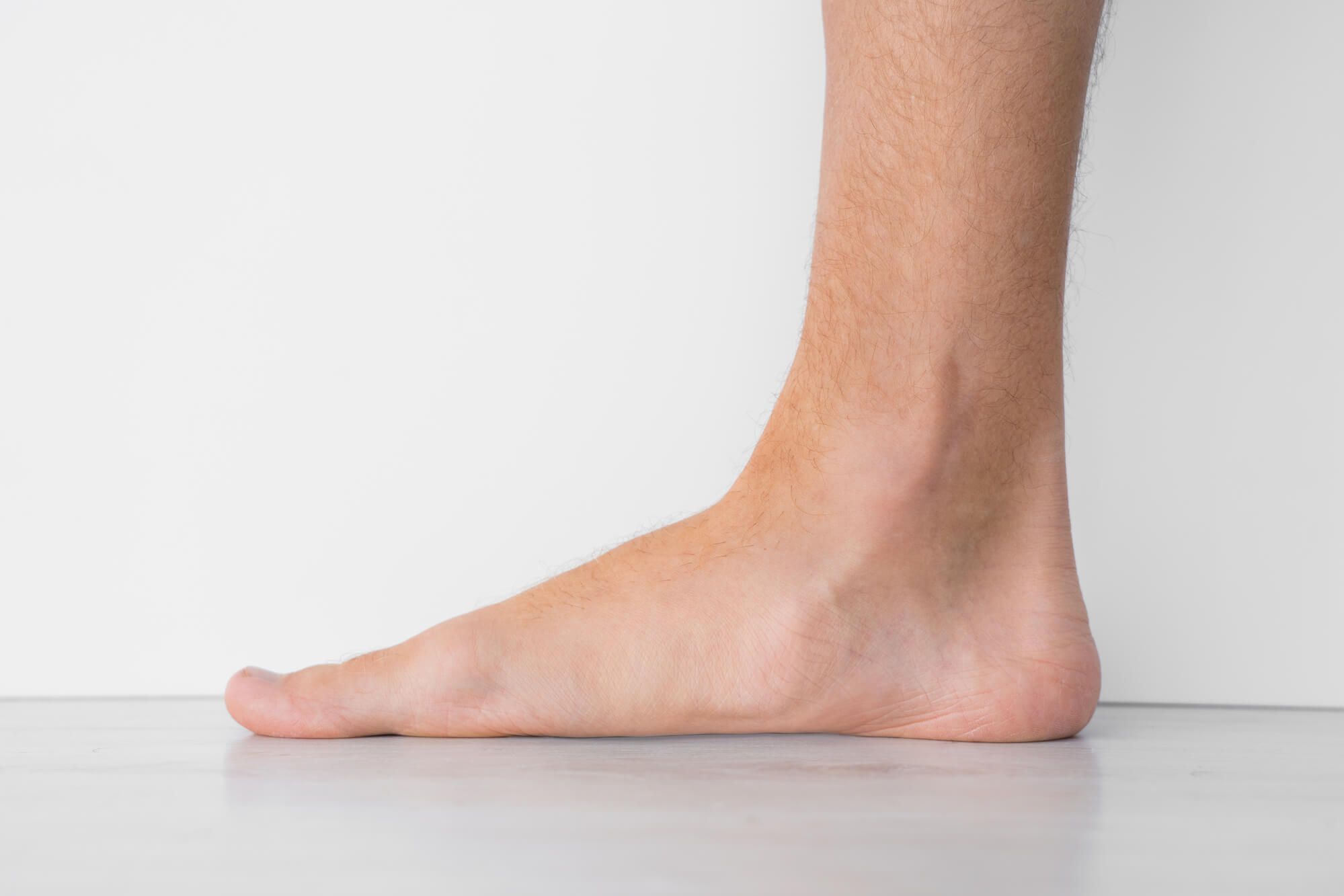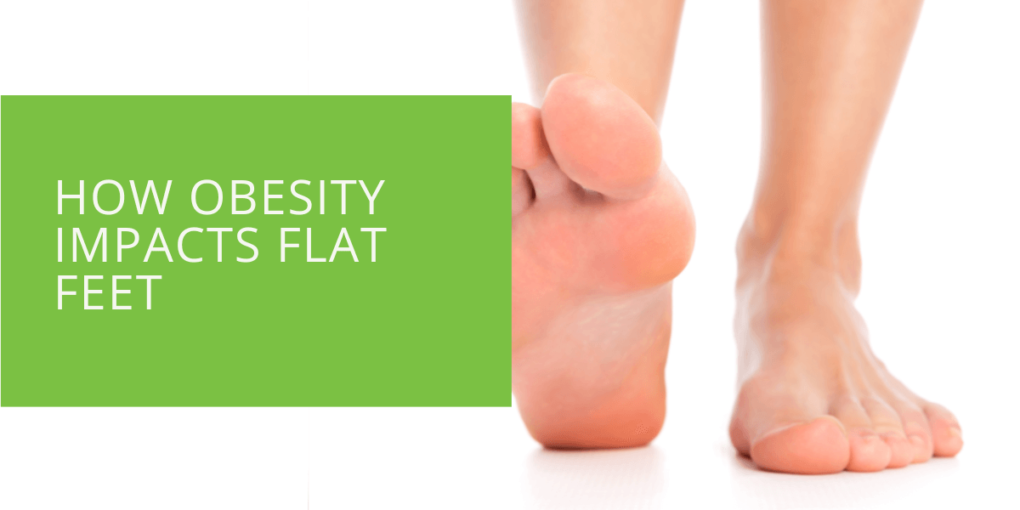How Obesity Impacts Flat Feet: What You Need to Know
Flat feet is a foot condition that affects many people, particularly those who are overweight or obese. When you have flat feet, your arches are lower than normal, and your feet may appear flat on the ground. While flat feet may not always cause pain or discomfort, they can make you more susceptible to foot problems, such as plantar fasciitis, tendonitis, and ligament sprains. This article will discuss how obesity impacts flat feet and what you can do to prevent and treat these conditions.
What are Flat Feet?
Flat feet, also known as fallen arches, is a condition where the arches of your feet are flattened or not present. This can cause your feet to roll inwards or outwards, affecting your gait and balance. Various factors, including genetics, injury, or obesity, can cause flat feet. The most common symptom of flat feet is foot pain or discomfort, particularly in the arch or heel of the foot.
What is Obesity?
Obesity is a medical condition where an individual has excessive body fat. Obesity is typically defined as having a body mass index (BMI) of 30 or higher. Being overweight or obese can cause various health problems, including heart disease, diabetes, and high blood pressure. Obesity can also have a significant impact on foot health and cause foot problems such as flat feet.

How Does Obesity Impact Flat Feet?
Obesity can cause various foot problems, particularly when combined with flat feet. Here are some of the ways that obesity can impact flat feet:
Increased Pressure on the Feet
Extra weight can place significant pressure on your feet, particularly on the arches and heels. This can lead to inflammation and pain, making it difficult to walk or stand for extended periods.
Weakened Arches and Tendons
Excess weight can cause the ligaments and tendons in your feet to stretch and weaken, leading to flat feet. Over time, flat feet can cause additional problems, such as fallen arches or overpronation.
Increased Risk of Foot Injuries and Conditions
Obesity can increase your risk of developing various foot injuries and conditions, such as plantar fasciitis, tendonitis, and ligament sprains. These conditions can cause pain and discomfort, making it difficult to walk or exercise.
The Importance of Foot Health
Maintaining good foot health is essential for overall health and well-being. Your feet support your body weight, making them prone to injuries and conditions. Maintaining good foot health can prevent foot problems and reduce your risk of developing other health problems. This is particularly important for overweight or obese individuals more susceptible to foot problems.

Preventing and Treating Obesity and Flat Feet
Flat Feet and
If you have flat feet and are overweight or obese, there are steps you can take to prevent and treat these conditions. Here are some tips for maintaining good foot health and reducing your risk of developing flat feet or obesity:
Maintain a Healthy Weight
Maintaining a healthy weight is essential for reducing your risk of developing flat feet and foot problems. Eating a balanced diet and regular exercise can help you maintain a healthy weight and reduce your risk of developing obesity.
Wear Proper Shoes
Wearing shoes that provide proper support and cushioning can help prevent foot problems and reduce your risk of developing flat feet. Be sure to choose shoes that fit properly and provide adequate arch support.
See a Podiatrist
If you have flat feet or foot pain, seeing a podiatrist for a proper diagnosis and treatment is essential. A podiatrist can recommend specific exercises and stretches to strengthen your feet and ankles and help reduce your risk of developing flat feet or foot pain. They may also recommend custom orthotics to provide additional support and cushioning.
In addition to these tips, various treatments are available for individuals with flat feet and obesity. These treatments may include physical therapy, massage, and surgery. Your podiatrist can recommend the most appropriate treatment options for your specific needs.
Conclusion
Obesity and flat feet are two conditions that can significantly impact your foot health and overall well-being. By understanding the connection between these conditions and taking steps to prevent and treat them, you can maintain good foot health and reduce your risk of developing foot problems and other health issues. Remember to maintain a healthy weight, wear proper shoes, and see a podiatrist for guidance and treatment. You can keep your feet healthy and enjoy an active and fulfilling life with proper care and attention.
If you have concerns about your foot health or are experiencing foot pain, consult a podiatrist for advice and guidance. A podiatrist can diagnose properly and recommend the most appropriate treatment options for your specific needs. By working with a podiatrist, you can take control of your foot health and enjoy a better quality of life.

